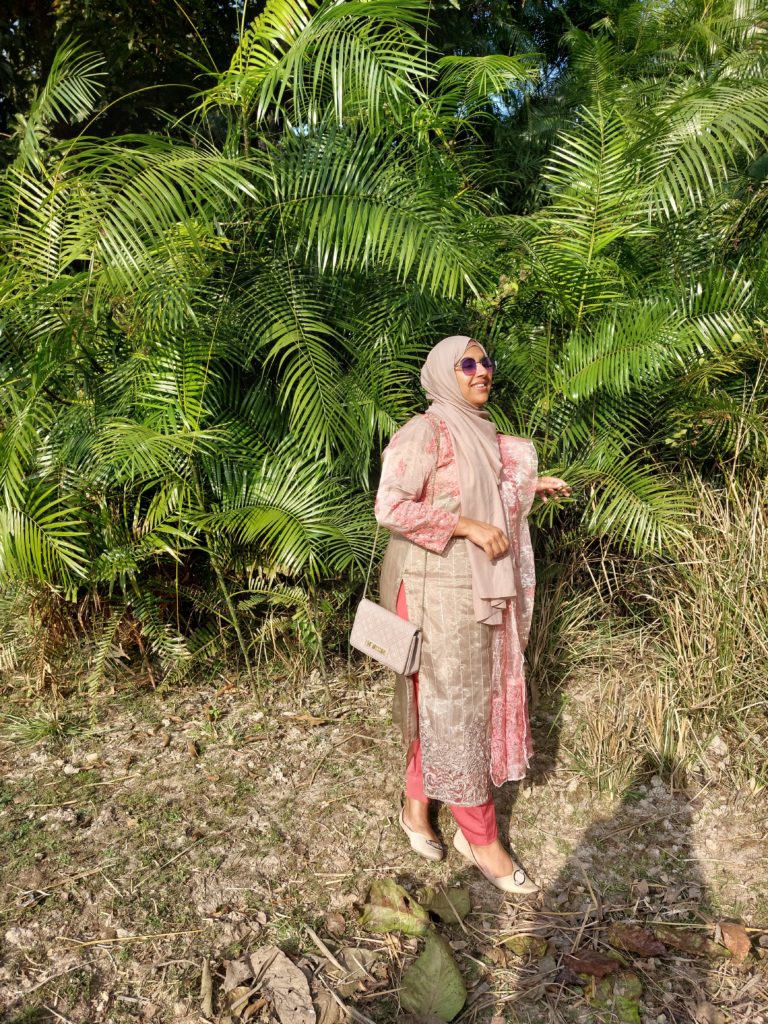6 Tips on Dealing With Parental Survivor’s Guilt

6 Tips on Dealing With Parental Survivor’s Guilt
By Rumki Chowdhury

It’s that image of a child holding up a part of the broken building to protect her little brother’s head. It’s also that image of a smiling infant that was rescued from the wreckage, a result of an earthquake. It could even be that image of a parent in mourning of a child he or she had just lost. Whatever footage or images we have seen or continue to see following a tragedy such as the aftermath of the earthquake that hit Turkey and Syria, we suddenly become more conscious of our surroundings. We can even feel guilty or ashamed as a result.
We start thinking, “Hey, that could have been me. That could have been my child or children.” And then we feel this desperation to help in any way we can no matter our location, nearby or far. We feel this obligation to help because of the empathy we feel with the parents who are mourning or recovering. We suddenly want to hold our children a little tighter, keep them in our arms a little longer, kiss their cheeks a little harder and tell them we love them a little louder.
Thus, media exposure of tragedies from around the world influences how we behave in our daily lives. For example, some of us feel ashamed for being able to hold a fresh cup of coffee in our hands in the morning or we feel guilty for being able to sleep on our fluffy mattress in a warm bedroom. We start questioning whether or not we deserve all of this when there are so many who have lost all of this.
Some of us decide to shut our wifi off or take a break from social media. However, we do not forget it because the matter might come up in a daily conversation with a colleague or it can be heard or seen on someone else’s phone as we pass by them.
Two earthquakes, just two weeks apart, rescue workers on the ground, donation pages popping up on every social media page and in our parental instincts, we still find ourselves devastated and drowning in guilt. According to an interview with TRT World, Dr. Rania Awaad, Associate Professor of Psychiatry and Behavioural Sciences at Stanford University, all of these emotions can be summed up as “survivor’s guilt” and “it’s normal to feel this terrible.”
Moreover, in TRT World, Professor Medaim Yanik of Ibn Haldun University and an Istanbul-based psychologist, said that such media exposure can influence and even alter our behavior because of the privileges we have compared to the privileges that were never granted to some or that have been lost for others, whether temporarily or for the rest of their lives. He further explained that the first step to overcoming “survivor’s guilt” is to help the victims in whatever way possible.
According to various different websites including psychologytools.com, mind.org.uk, unicef.org, helpguide.org and psychologytoday.com, there are some tips on how we can overcome “survivor’s guilt.” Frankly speaking, I have been taking these steps:
1.Acknowledge the grieving process. We empathize because we can relate somehow or we have experienced loss at some point in our lives. It’s okay to release those emotions as a result.
2.Connect with your loved ones even if it means telling them you love them or reading a bedtime story to your child.
3.Donate money to a charity that is on the rescue mission and share that page with your friends and family. If you are an influencer with a large following, you have a great advantage of spreading awareness. I’ve been encouraged by friends to use my social media platforms in this way.
4.Take care of yourself whether it’s remembering to drink water or taking a long walk outside or even a one-minute moment of silence to clear your mind. Remember, it’s not your fault. I keep telling myself this over and over again.
5.Try talking about it with others and you will be surprised that oftentimes, you aren’t alone in feeling the way that you do. I did that and it really helped.
6.If donating doesn’t seem like enough, then do something else that you find useful. I use the power of words; I am a writer and writing this article helped. It reminded me of the steps I took and need to take whenever I feel “survivor’s guilt.”
Feeling “survivor’s guilt” is indeed normal and it proves just how beautifully human you are. You care about people and that’s a quality you should be proud of; it’s a wonderful example you are setting for your children.
Read More
The Legacy of Boi Mela
Every year in February, the month-long national book fair welcomes...
Read MoreMillennial Amma: How to Explain a Global Crisis As a Parent
Rumki Chowdhury shares tips for how to talk to children...
Read MoreBegum Rokeya’s Millennials
A tribute to a pioneering Bengali feminist writer, educator and...
Read More



